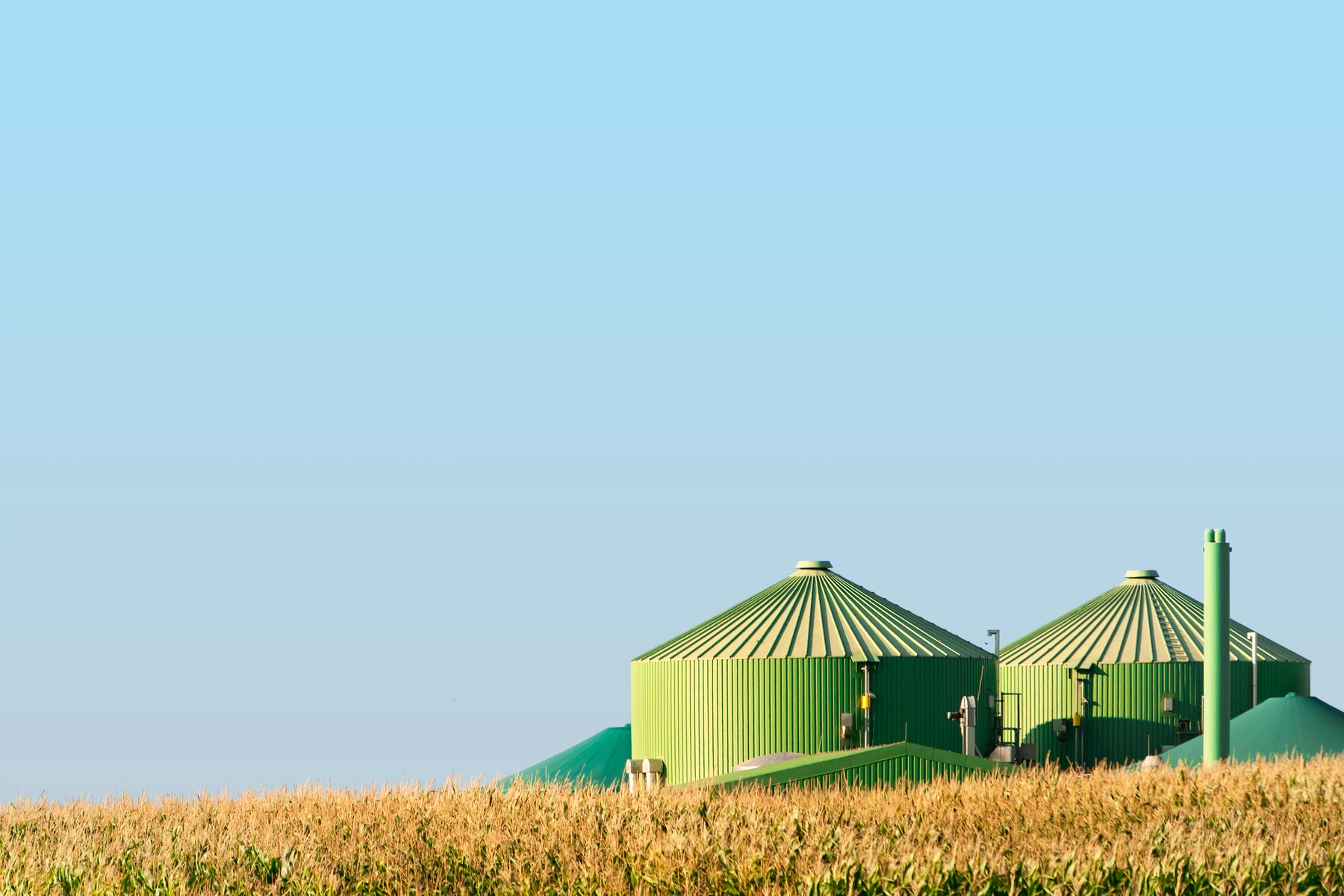The Biofuture Platform, a multi-stakeholder initiative facilitated by the International Energy Agency (IEA) and designed to take action on climate change has responded to the almost 12% drop in biofuel output in 2020 announced in the IEA’s Renewables 2020 report. The Platform has labelled this as a potentially critical setback which could act as a barrier to green recovery and have long-term negative impacts on the de-carbonisation of the transport sector.
The shrinking demand confirmed by the IEA ( @IEA ) earlier this week comes as a result of the Covid-19 pandemic. This is the first time the sector has declined in over two decades. Global biofuels production reached record levels in 2019, and before the crisis, biofuels were predicted to grow by 3% this year. Production of fuel ethanol has been particularly adversely affected by the Covid-19 pandemic with the sector facing a 14.5% contraction this year and a return to 2015 levels. 80% of this fall is found in the key markets of Brazil and the United States. By contrast, ethanol production is expected to remain stable in China.
A fall in crude oil prices at the start of the pandemic made biofuels less competitive than traditional fossil fuels, exacerbating the situation for renewable alternatives. Although the IEA warned of negative impacts from the pandemic for the entire renewables sector in its update in May of this year, much of the renewable power industry has adapted quickly to the challenges of the Covid-19 crisis. This has led to a revised projected increase of 7% in renewable electricity and to a new world record in renewable capacity additions in 2020. This is in stark contrast with the significant drop in renewable transport, and to a lesser extent in renewable heating & cooling. Therefore, the Platform is calling for immediate action to catch up, so as to match record renewable power growth.
 Despite the contraction in 2020, the IEA’s report projects that transport biofuels could again reach 2019 levels in 2021 if supported by consistent policy initiatives and a rebound in global fuel demands. In line with these assumptions and if the pandemic begins to subside, output in 2022 could increase to 4% year on year, strengthened by keystone biofuel policies in Asian and South American countries. However, with the new waves of pandemics it is likely that demand for transport fuels will continue to be affected in the first half of 2021 too. There is a consequent risk for a further delay in a biofuels rebound, if urgent action is not taken.
Despite the contraction in 2020, the IEA’s report projects that transport biofuels could again reach 2019 levels in 2021 if supported by consistent policy initiatives and a rebound in global fuel demands. In line with these assumptions and if the pandemic begins to subside, output in 2022 could increase to 4% year on year, strengthened by keystone biofuel policies in Asian and South American countries. However, with the new waves of pandemics it is likely that demand for transport fuels will continue to be affected in the first half of 2021 too. There is a consequent risk for a further delay in a biofuels rebound, if urgent action is not taken.
Long described by the IEA as an ‘overlooked giant of renewables’ bioenergy has a number of uses in the real economy, in transport and for heat production in industry and buildings. The IEA had previously highlighted that annual consumption of transport biofuels needs to triple by 2030 (to 324 Mtoe) to be on track with the Sustainable Development Scenario (SDS). The Biofuture Platform is due to release its Policy Blueprint in 2021, but this week’s figures have led members to call for efforts to urgently accelerate policy action.
The Platform urges countries, governments and corporations to implement its Five Principles for Post-COVID Bioeconomy Recovery, which would not only accelerate the decarbonisation of the energy sector but also create jobs. The IEA Sustainable Recovery Plan shows that biofuels could be a very cost-effective way to create employment in the energy sector, as they have the second-largest number of jobs (15-30) created per million dollars of spending.
Dr Paolo Frankl, Head of the Renewable Energy Division at the International Energy Agency, said: “Biofuels are critical to achieving successful global clean energy transitions. Decarbonising aviation and shipping – sectors that are particularly hard-to-abate – as we recover from the global pandemic will be key to ensuring that countries meet their net-zero targets in the decades to come. With the hope that the pandemic will subside at some point, 2021 is the time for decisive action to be taken.
“Ahead of COP26 next year, the IEA strongly encourages governments to devote greater attention to tackling emissions from hard-to-abate sectors, ensuring policies are in place and funding is accessible. Following the European Union and some European countries, the recently announced net-zero emissions pledges in China, Japan and South Korea – and the climate ambitions of the next US administration –provide new grounds for optimism. Transport biofuels and the bioeconomy can and must be part of this stepping up of efforts to address climate change” concluded Frankl.
—> If you are interested in biodiesel, then we have a perfect webinar for you – Don’t waste, invest! With a successful retrofit concept, you can ensure your biodiesel plant is fit for the future – 25th November. Register here today for the live and on-demand broadcast <—
Interested in the IEA report on biofuels decline then you may also be interested in …
 Read: Don’t waste, invest! Exploring how a successful retrofit concept can ensure your BioDiesel plant is fit for the future.
Read: Don’t waste, invest! Exploring how a successful retrofit concept can ensure your BioDiesel plant is fit for the future.
Attend: World Bio Markets – Amsterdam, March 2021.
Download: Issue #18 of the Bio Market Insights Quarterly.
Read: Belgium-based power-to-methanol project unveiled.
Read: Axens secure agreement for advanced bioethanol production in Croatia.





